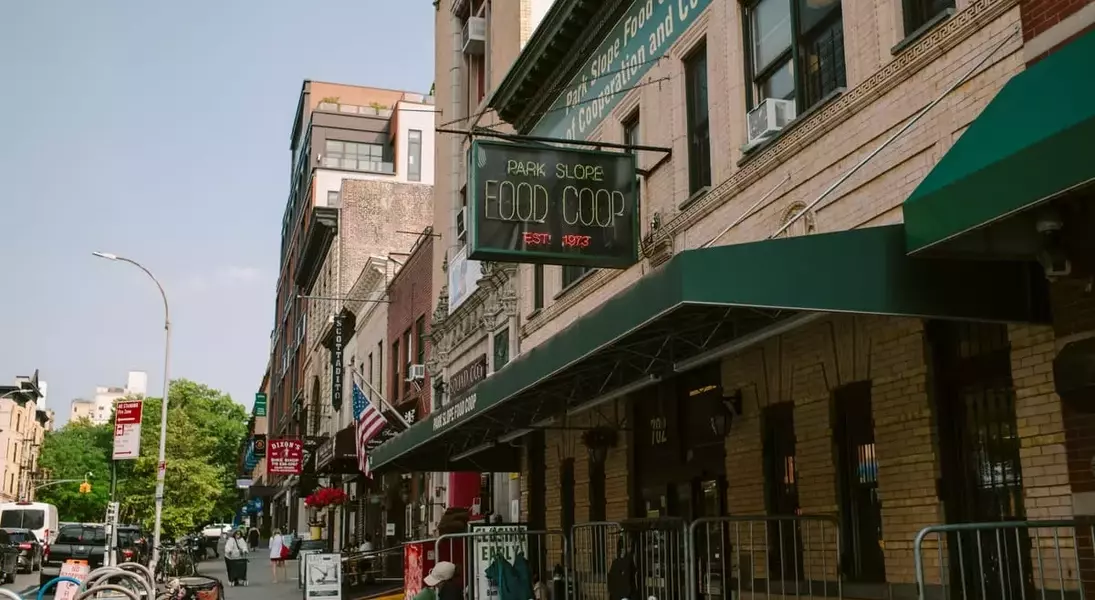
In a recent development, the Park Slope Food Coop (PSFC), an esteemed organization with nearly 17,000 members, finds itself embroiled in controversy. The crux of the issue revolves around two key debates: whether to allow virtual attendance at monthly meetings and the potential implementation of a boycott on Israeli products. These discussions have sparked intense debate among members since last October. General Manager Joe Holtz has urged members to participate actively in the upcoming board elections, emphasizing the importance of choosing leaders who prioritize the cooperative's core mission over external political agendas.
Details of the Ongoing Debate Within PSFC
On a sunny June day, Joe Holtz, a long-standing figure within the Park Slope Food Coop, sent out an urgent message to its vast membership base. This email highlighted the institution’s current predicament, primarily focusing on contentious issues such as allowing virtual participation in general meetings and contemplating a boycott of Israeli goods. Since autumn last year, these initially separate topics have become increasingly intertwined. Holtz encouraged all members to vote in the upcoming board elections, asserting that the outcome could significantly influence the future trajectory of their beloved cooperative.
Holtz specifically cautioned against voting for Dan Kaminsky and Taylor Pate, candidates linked with PSFC Members for Palestine, a group advocating for the boycott of Israeli products. He argued that the coop's strength lies in its primary objectives—shared labor, affordable prices, supporting local farms, and collective decision-making—and warned against letting external political goals overshadow these priorities. According to Holtz, the agenda promoted by PSFC Members for Palestine involves implementing hybrid meetings, reducing the threshold for passing boycotts, and eventually aligning the coop with the Boycott, Divestment, Sanctions (BDS) movement.
While some see this as an effort to silence dissenting voices, Tess Brown-Lavoie, a current board member and supporter of the pro-Palestinian stance, views Holtz’s actions as undemocratic. This internal conflict extends beyond mere emails, manifesting through various platforms including social media, newsletters, and public meetings. As the coop prepares for its next major meeting on June 24th, the question remains: whose values will ultimately shape the future identity of PSFC?
The ongoing saga at PSFC serves as a microcosm reflecting broader societal divisions. It highlights the delicate balance between maintaining institutional focus and embracing activism. While it is crucial for organizations to stay true to their founding principles, they must also consider the evolving perspectives of their members. This situation underscores the importance of open dialogue and mutual respect in navigating complex political landscapes within community settings.
